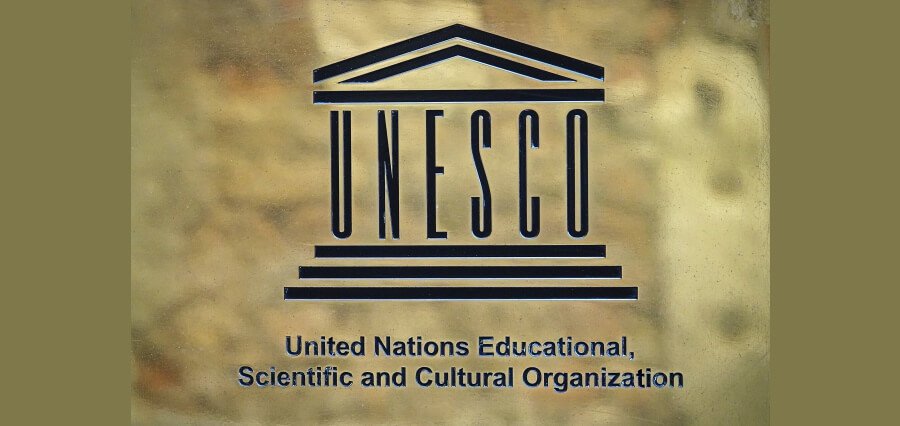The Regional Steering Committee for Sustainable Development Goal 4 (SDG 4) convened on November 2, 2024, an Extraordinary Meeting in Fortaleza, Brazil as part of the Global Education Meeting (GEM) to reassert the region’s dedication to transforming education and its financing of it sustainably. Ministers, senior officials, representatives of international organizations including youth representatives in the region attended this meeting whose purpose was to strategize on how to go about educational recovery, reactivation and long-term transformation in Latin America and the Caribbean.
The session began with Esther Kuisch Laroche, the Director of the UNESCO Regional Office for Latin America and the Caribbean, both recognizing and emphasizing the importance of the Regional Steering Committee as a technical and political discussion platform. She emphasized the fact that the Committee builds up strengthening bonds of inclusion, and synergy between Ministries of Education, other intergovernmental agencies and civil society organizations.
Most importantly, this policy is necessary for accomplishing the goals set out by SDG 4 – ensuring quality education and promoting lifelong learning for everyone – within the scope of sustainable and equitable provision. The assessment of development presented within this context was crucial for evaluating any effects reached. In addition, the discussions indicated that there is a need for sufficient support to reach SDG 4 goals which are providing inclusive and equitable quality education and promoting lifelong learning opportunities for all. These initiatives are also being implemented in quarrels within the framework of multinational cooperation with organizations like UN Education, UN Children’s Fund, ECLAC, The World Bank, Inter-American Development Bank, and CAF.
During the course of the meeting, youth organizations were inducted into the Steering Committee as well. Christina Williams, the member of the Youth and Student Network for SDG 4 by UNESCO, shared the concern about the absence of young people in the country’s educational policy debates. “Space must be given for young people to be able to speak and voice their radical ideas on policies that they would like to see change their futures,” Williams said.
The meeting was attended by Ministers and senior officials from Brazil, Chile, Colombia, Cuba, Ecuador, Haiti, Panama, Peru, Dominican Republic and Suriname among others. Stefania Giannini, UNESCO’s Assistant Director-General for Education, added that in order for reforms in education to be politically and financially sustained, it is important to engage all sectors in a wide and active manner.
The last segment of the meeting involved a tour of the Mais Infância Cristo Redentor Social Complex, which stands as a testament to Brazil’s active contribution to social and educational progress. Right now, this activity represents another milestone leading to the 2025 World Summit on Social Development where the region will further pursue a shared education agenda to guide the region with regard to social justice and equity.




